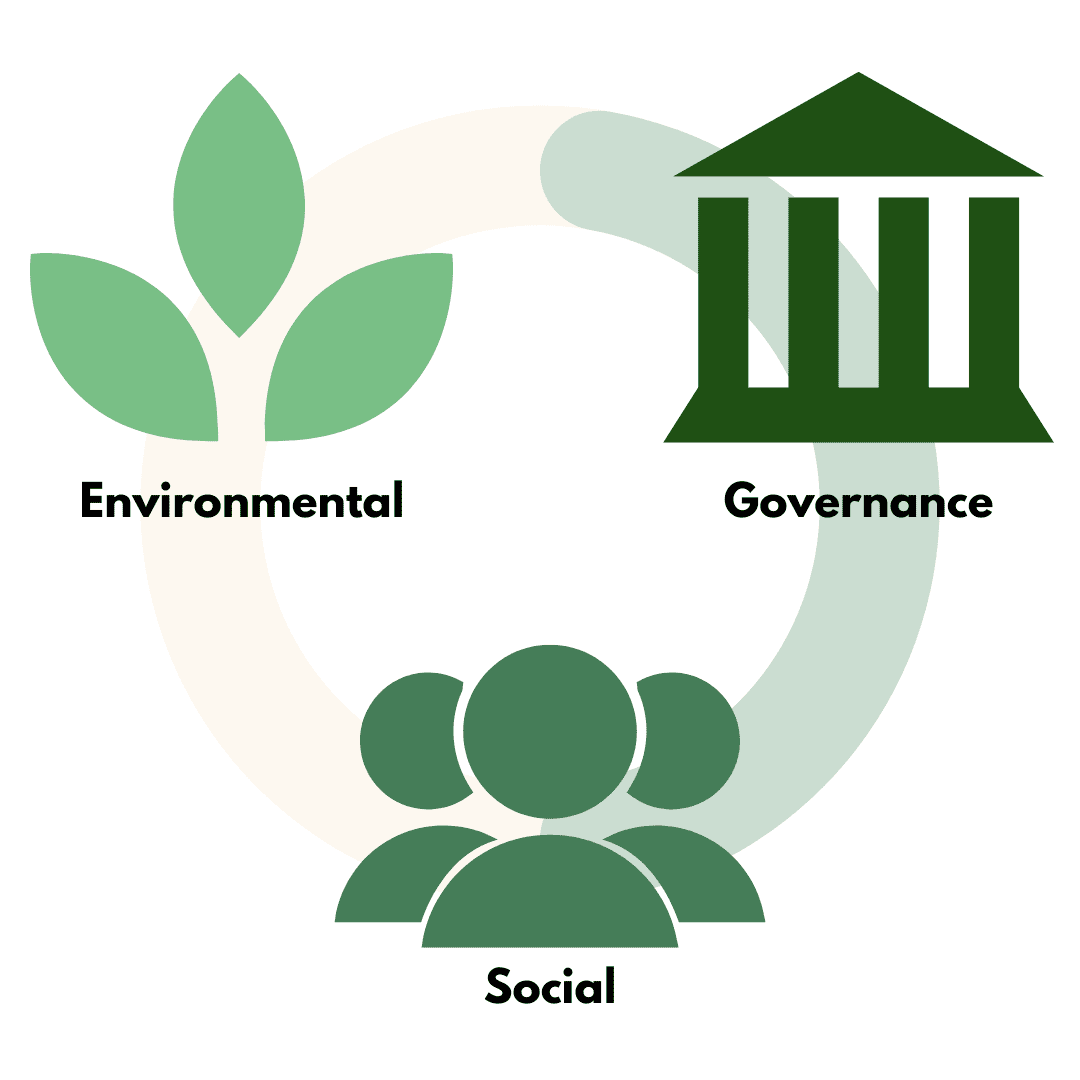Environmental and Toxic Tort Advisor
The Evolution of ESG in 2022
April 8, 2022

Robert W. Petti
Chicago

For several years, there has been a growing expectation that all types of business organizations must pursue sustainability, address environmental risks such as climate change, and commit to diversity, inclusion, and equity. Not just to their employees but as members of local, national, and global communities. And, the time has passed when an organization, large or small, can passively address these concerns.
In response to these considerations has been the rapid maturation of Environmental, Social, and Governance (ESG) strategies as part of an organization’s principles and practices. In its most simple form, ESG is a snapshot of an organization’s impacts and strategies in these three crucial areas for investors, regulators, potential clients, and upstream and downstream customers. In more complex settings, such as publicly-traded companies, ESG reporting is evolving into a regulatory must that even asks organizations to account for ESG considerations of suppliers and consumers.
This article is designed to provide its own snapshot of the ESG landscape in 2022. Future articles will provide a more in-depth discussion of certain segments within that landscape, including the evolving regulatory and litigation concerns. To start, what is ESG and why should businesses, large and small, care?
What is ESG
ESG criteria are a set of guiding principles for an organization’s operations that customers, consumers, and even investors can use to screen an organization and how it fits with their own goals or even reporting requirements. ESG generally includes the following considerations:
- The “E” includes the consideration of the energy an organization takes in, the resources it needs, and the way it disposes of waste. The E may also include an organization’s carbon emissions and impacts on climate change. These considerations are critical for organizations of all sizes because every company impacts, and is impacted by, the environment.
- The “S” addresses the organization’s diversity, demographics, community outreach, and how it operates within the broader community in which it exists. It may also address labor standards across the supply chain, pay equity, and workplace health and safety standards.
- The “G” is the internal systems, controls, and procedures an organization adopts to govern itself, make effective decisions, meet the needs of external stakeholders and clients, and comply with laws.
With so many factors in play, ESG can mean different things to different organizations, and not all the discreet items will apply or need to be addressed by every organization. Although there is no standard approach to the measuring and reporting of ESG data, there are several reporting frameworks available to companies of all sizes. Knowing the requirements for your organization (are you required to report?) is a first step in determining how your organization may approach its ESG analysis and statements to highlight awareness and action on each of the elements.
ESG is an Issue for your Legal Team
The ESG agenda is being driven not only by community consciousness but by the rapid development of laws and regulations at the state and federal levels. Accordingly, organizations’ legal teams and counsel are taking on critical roles in advancing the implementation of the ESG agenda and strategies. This is in part due to the Securities Exchange Commission’s (SEC) growing scrutiny of ESG reporting and the introduction of new proposed rules that will make elements of ESG required reporting. However, more requirements are coming to businesses of all sizes as organizations are asking their supply chain partners for disclosures on sustainability and ESG frameworks to integrate into their own reporting.
Regulatory Considerations
Regulation based on ESG is here and is growing in scope. Consider that in March 2021, the Securities and Exchange Commission announced the creation of a Climate and ESG Task Force division in the Division of Enforcement. Since then, it has become increasingly clear that ESG disclosure regulations for public companies are expected to increase. This is evidenced most recently by the SEC meeting of March 21, 2022, where a proposed rule was issued that would enhance and standardize the climate-related disclosures provided by public companies. The proposed rule would require disclosure about greenhouse gas emissions by the organization reporting, as well as consideration of “Scope 3” emissions, which are the indirect upstream and downstream activities in the organization’s supply chain and of its consumers. While these regulations are still in the public comment period, heightened scrutiny is coming to public companies and by extension, their suppliers.
Litigation Risks and “Greenwashing”
As with any developing business practice and regulation, litigation inherently follows, and this is no different in the ESG space. In fact, the litigation arising from ESG considerations even has its own name, “Greenwashing.” Greenwashing is when a business creates the impression through branding or marketing, or an erroneous or misleading ESG statement, that it and its products are environmentally friendly. Greenwashing may come from an intentional act or simply arise from poor wording or over-stating an organization’s capabilities. Suits in this space may come from a variety of sources: consumer groups; consumer class actions; private actions where a company or investor relies on an inaccurate ESG statement of an organization; or even state or federal regulators. A future article will take a deeper dive into the rise in Greenwashing claims and the different actions that an organization may need to be aware of. For now, it’s worth considering that, just like other areas of business strategy, the best defense often begins with an active review by counsel as ESG strategies are developed and implemented.
What to Take Away
For many organizations, ESG is a strategic move to keep pace as the social consciousness in business organizations continues to evolve. For others, ESG reporting is a move to promote compliance with evolving laws and regulations. Or it could be that your business falls somewhere between the two ends of the spectrum. Wherever your organization falls and whatever the motivations, actively engaging your understanding of ESG has quickly become an essential element of operating in today’s environmentally and socially conscious business environment.
About the Blog
Our environmental law and toxic tort attorneys will provide you with news, legal updates, and commentary on environmental and toxic tort liability issues. We hope you find our content informative and helpful as you deal with the ever-changing challenges toxic tort and environmental matters pose to your organization. To receive updates directly to your inbox, click here.
Disclaimer: The information contained in this publication should not be considered legal advice, is not a substitute for legal counsel, and should not be relied on as such. In some jurisdictions, this is considered advertising. For legal advice or answers to specific questions, please contact one of our attorneys.
